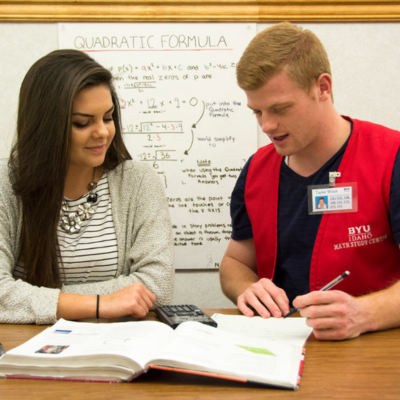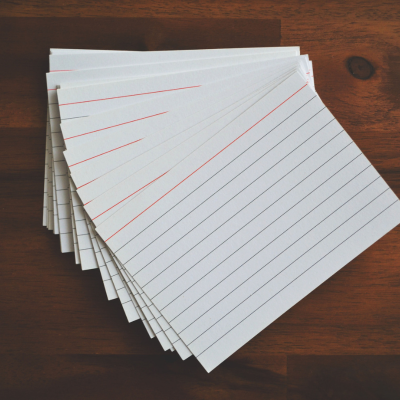You + these 7 tips = prepared for anything

1. “Do” practice daily
Just like athletes and musicians, students need daily practice. It’s better to study often for shorter amounts of time than it is to study occasionally for longer amounts. Consistency over time triggers your long-term memory, whereas long, infrequent study sessions engage short-term memory.
2. “Don’t” just reread your textbook or notes
While it’s important to make sure you understand what’s being taught, practicing difficult problems will help you learn better than simply reading your textbook or notes.3. “Do” spend time on hard problems
The harder a problem, the more you should do it. Try to determine what kinds of problems are the most difficult for you. Spend extra time reviewing these questions, and reach out to your classmates or instructor if you need extra help.4. “Don’t” redo all of your homework
Doing all of your homework again to study will take too much time. Only redo the problems you struggle with. Work smarter not longer!
5. “Do” use flash cards
We commonly think of using flash cards for learning a language or remembering historical dates, but flash cards can be useful for math too!Instead of memorizing a specific answer, use flash cards to memorize the process of solving different types of math problems. Write down the steps you took and equations you used to solve each problem. This will help you understand how to solve multiple test questions, not just one.
6. “Don’t” casually look through your homework
As you look at past assignments, focus on specific concepts and problems instead of quickly rereading everything. Write down any questions you have so that you can review them during your study time or ask them later with a tutor.
7. Remember, you can “do” it!
I remember feeling terrified about mathematics, as I have never been very good at it. Nevertheless, as I applied all the lessons from [BYU-Pathway] in my studies, I have never been as good at math as I am now.
— Rota Ianjatiana, Madagascar